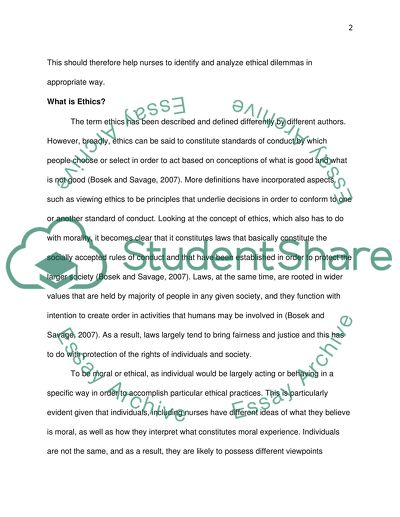Cite this document
(“Ethical Considerations in Nursing Education Dissertation”, n.d.)
Retrieved from https://studentshare.org/nursing/1395005-ethical-considerations-in-nursing-education
Retrieved from https://studentshare.org/nursing/1395005-ethical-considerations-in-nursing-education
(Ethical Considerations in Nursing Education Dissertation)
https://studentshare.org/nursing/1395005-ethical-considerations-in-nursing-education.
https://studentshare.org/nursing/1395005-ethical-considerations-in-nursing-education.
“Ethical Considerations in Nursing Education Dissertation”, n.d. https://studentshare.org/nursing/1395005-ethical-considerations-in-nursing-education.


